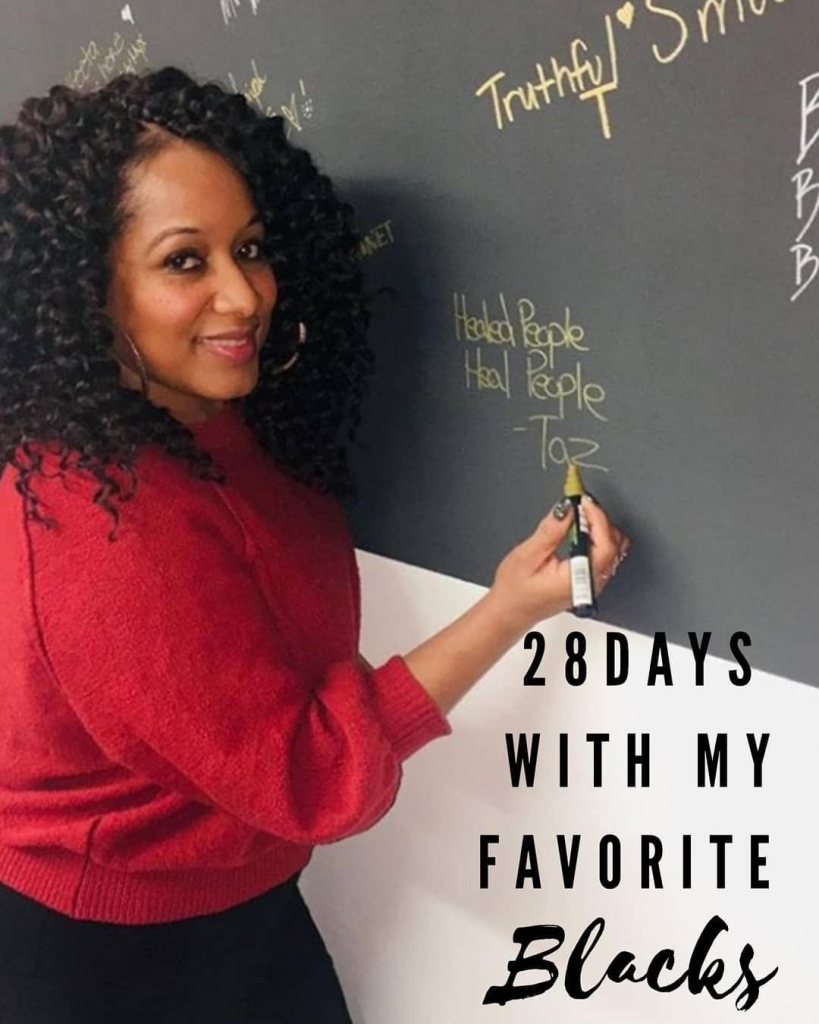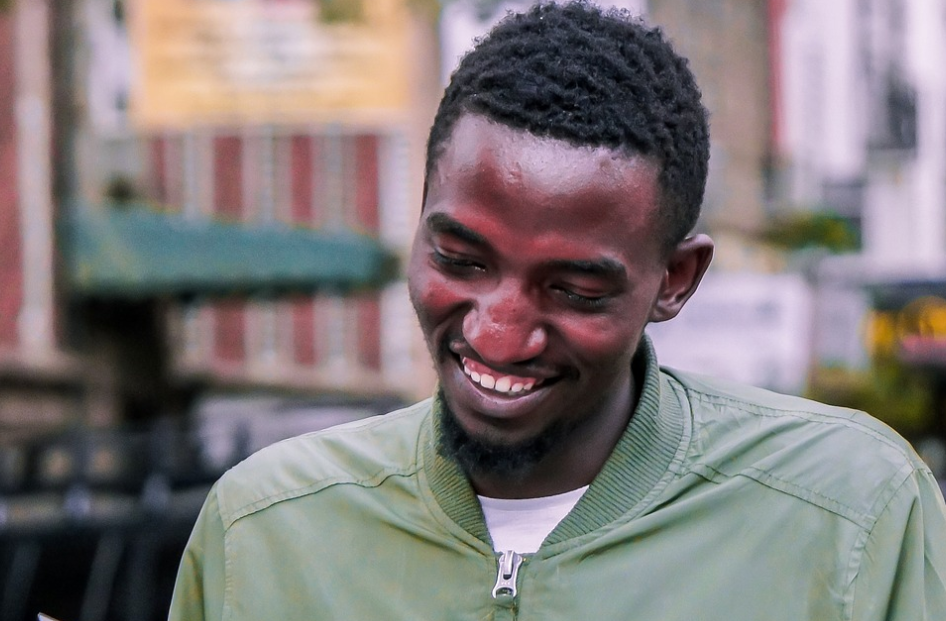(Click here for Part 1 of this article)
Launched decades ago, Black History Month started as a month of celebrating Black Americans.
However, many Black Muslim teens struggle with the approach non-black communities take towards addressing and highlighting the significant contributions of the black community.
In the first episode of this article, we highlighted the struggle of Muslim teens. Here – the second part – we introduce steps taken to offer solutions.
Therapy for Black Men
Tasnim Sulaiman, a psychotherapist and family therapist from Philadelphia helped found a non-profit organization called, “Black Men Heal.”
“Black Men Heal is a nonprofit that provides eight free one-on-one therapy sessions for men to talk about current or past thoughts, feelings, and experiences around issues such as masculinity; work/life balance; & relationship/family struggles.”
“The goal of therapy is to help achieve enhanced well-being through positive changes in behaviors, beliefs, and emotions,” the website says.

Tasnim and co-founders, Kevana Nixon and Zakia Williams, developed an organization to help address the rising statistic of suicide rates and mental illness amongst black men.
The mission of Black Men Heal is to provide access to mental health treatment, psycho-education, and community resources to men of color.
As a culturally competent therapist in the Muslim community, Tasnim understands the pertinent challenges facing the Black Muslim community. Therapy and creating spaces for African American Muslims to show-up and heal is a critical step towards breaking the cycle of historical trauma that widely impacts our community.
“Therapy is an opportunity to become responsible for your own stuff. It is important for men to have their own space to transform and heal their own selves. We serve our clients by removing three major barriers that prevent people of color from seeking therapy; eliminating cost, removing the stigma, and matching the male with a culturally competent therapist,” Tasnim Sulaiman told AboutIslam.net.

The Approach
Black Men Heal is breaking barriers within the African American community by using a systematic approach to create easy access for black men to access therapy and mental health services. Their full-proof system has a 100% success rate because of their three primary principles.
The Eradication of Cost
“Upon completion of an application and selection into our program, men are offered eight free therapy sessions, which has a value of over one-thousand dollars for therapeutic care,” Tasnim Sulaiman explained to AboutIslam.net.
Black Men Heal successfully recruits therapists of color to donate their services for this cause. It creates a culture of shattering barriers for the purpose of empowering the African American community.
The Obliteration of Stigma
According to Psychology Today, a qualitative study by Alvidrez et al., (2008) found that among Blacks who were already mental health consumers, over a third felt that mild depression or anxiety would be considered “crazy” in their social circles.
Talking about problems with an outsider (i.e., a therapist) may be viewed as airing one’s “dirty laundry,” and even more telling is the fact that over a quarter of those consumers felt that discussions about mental illness would not be appropriate even among family.
Black Men Heal aims to create a shift in this culture by encouraging the men in their program to start conversations surrounding mental health with other black men.
Matching Service to Culturally Competent Therapists
“Muslims struggle with seeking therapy because they don’t always have access to therapists that understand their cultural experience. Most people don’t want to explain their experiences while trying to heal. There aren’t enough accessible culturally competent therapists and Black Men Heal aims to change this by matching men with therapists that understand their cultural experience,” Tasnim Sulaiman explained to AboutIslam.net.
“As we strive to identify solutions for our community, we must begin with supporting organizations that are currently putting in the hard work. Black Men Heal cannot survive without our global support. This is a movement that aims to heal what has been tragically done to an entire race of people.
“As Muslims, we may not have the ability to solve every problem facing our community but we can identify ways to support these causes, such as offering funding or simply spreading the word.”
Conclusion
In conclusion, Black History Month is celebrated all over the United States but for some of us, it still serves as an immediate reminder of the explicit and implicit denial of the Black experience.
We have to be mindful of diminishing the Black experience to decorated classroom doors and watered-down lectures about Bilal; as a symbol of the only form of blackness during the time of the Prophet (peace be upon him). The implications of white-washing Islamic history contributes to the burden of pain and suffering many African American Muslims are forced to face in their sacred religious spaces.
Similar to our earlier story about Muhammad, our young Black Muslim men face an extra burden of navigating their historical trauma while attempting to spiritually lead their wives, children, and communities.
The suffering of black men must be addressed beyond our mosque doors and learning circles. Our Muslim community must move aggressively towards making critical changes in the way we approach the race and the narration of our Islamic history.
Our communities cannot adequately heal in the absence of change and for many of us, change may require addressing our mental health. Organizations, such as Black Men Heal serve as a tool for Black Muslim men to create a space to heal and unburden themselves.
We must continue to be mindful of our ultimate duty to Allah, which commands us to fight against oppression, even if the oppressor is our own selves.
“If you are mindful of your duty to Allah, He will bestow upon you a mark of distinction, and will remove from you your ills, and will forgive you. Allah is Lord of great bounty” (Al-Anfal 8:29).